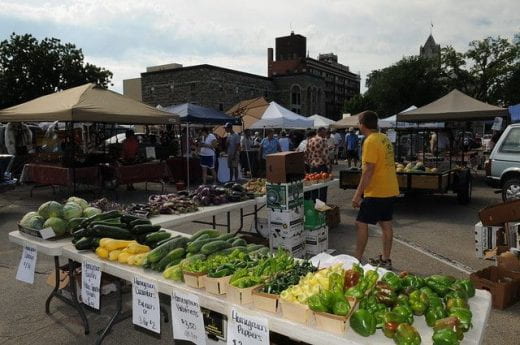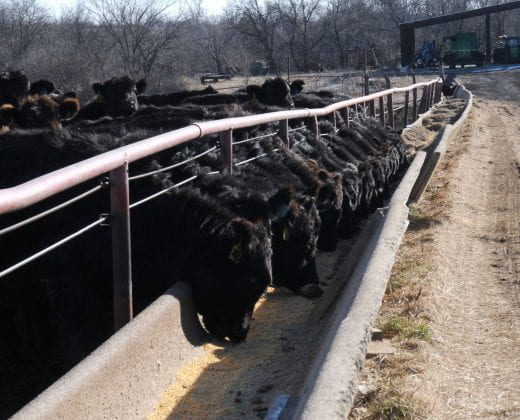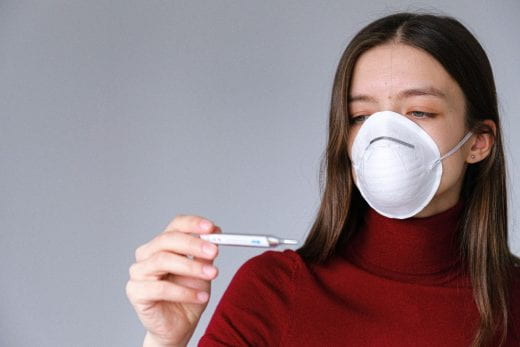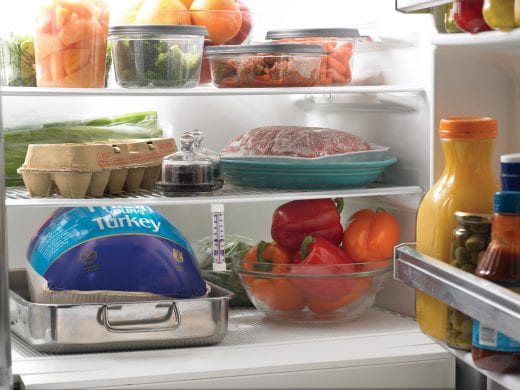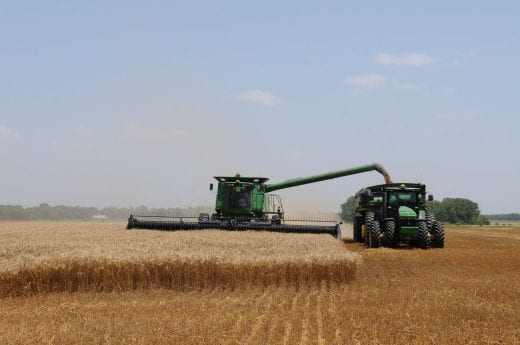Welcome to Better Kansas! Today we touch on new resources for teens, tweens and anyone taking care of younger children, cooking with in-season fruits and vegetables, another look at First Friday e-Calls for small businesses, Growing Growers, antimicrobials in cattle and the developing wheat crop. This is a small glimpse of what K-State Research and Extension across the state has to offer. Share on social media and subscribe! – Mary Lou Peter mlpeter@ksu.edu
Better Living, Better Communities
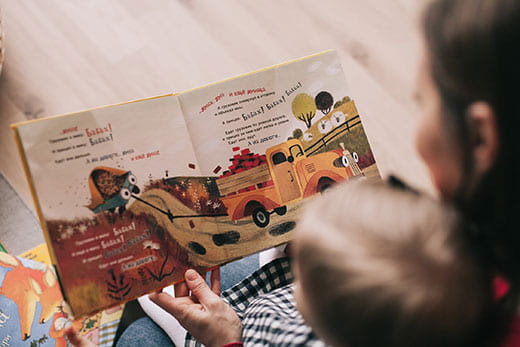 THIS PANDEMIC AND THE CLOSURE OF SCHOOLS AND PRESCHOOLS HAS MANY PARENTS SCRAMBLING TO FIND CHILD CARE. If you know a family with older siblings looking after younger siblings or maybe taking care of a friend’s or neighbor’s kiddos, let them know about a new resource, Suddenly in Charge. Resources added to the new web page will support teens or tweens … really anyone who’s taking care of young children, coronavirus or not. The first item under the “Safety” tab, Baby Sitter Information, features a downloadable, printable list that can be helpful for anyone taking care of children. It includes space for parents’ names, contact information, physical address where you’re caring for the child, child’s doctor’s contact information, a section for rules, screen time, naptime and more. Helpful tools I wish I’d had when I had child care for my own children and later when my children helped care for others’ kids. And don’t forget to check back. New resources will be added in the coming weeks.
THIS PANDEMIC AND THE CLOSURE OF SCHOOLS AND PRESCHOOLS HAS MANY PARENTS SCRAMBLING TO FIND CHILD CARE. If you know a family with older siblings looking after younger siblings or maybe taking care of a friend’s or neighbor’s kiddos, let them know about a new resource, Suddenly in Charge. Resources added to the new web page will support teens or tweens … really anyone who’s taking care of young children, coronavirus or not. The first item under the “Safety” tab, Baby Sitter Information, features a downloadable, printable list that can be helpful for anyone taking care of children. It includes space for parents’ names, contact information, physical address where you’re caring for the child, child’s doctor’s contact information, a section for rules, screen time, naptime and more. Helpful tools I wish I’d had when I had child care for my own children and later when my children helped care for others’ kids. And don’t forget to check back. New resources will be added in the coming weeks.
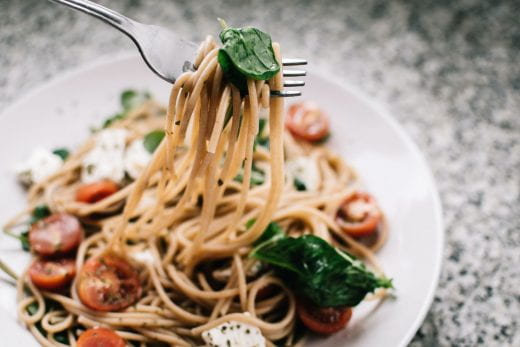 I’VE BEEN FOCUSING A LOT ON FOOD LATELY, maybe because like many of you, I’m working from home and am about 10 paces from my kitchen :-0 ! I’ve come across a resource, Simple Seasonal Meals that comes with suggestions for cooking what’s in season, complete with a few recipes to get you started. Soon that will be asparagus, strawberries and spinach! And don’t miss page 8 that features a great harvest calendar. It shows what and when fruits and vegetables are typically harvested in Kansas. You know what that means, right? You’ll likely find them on sale during that time at your favorite market!
I’VE BEEN FOCUSING A LOT ON FOOD LATELY, maybe because like many of you, I’m working from home and am about 10 paces from my kitchen :-0 ! I’ve come across a resource, Simple Seasonal Meals that comes with suggestions for cooking what’s in season, complete with a few recipes to get you started. Soon that will be asparagus, strawberries and spinach! And don’t miss page 8 that features a great harvest calendar. It shows what and when fruits and vegetables are typically harvested in Kansas. You know what that means, right? You’ll likely find them on sale during that time at your favorite market!
 LAST WEEK I TOLD YOU ABOUT FIRST FRIDAY E-CALLS AVAILABLE FOR SMALL KANSAS BUSINESSES. We had 190 people on last week’s call that featured several speakers from key state agencies addressing COVID-19 and resources available to Kansas’ small businesses and their employees. Unfortunately, we were one of the many recent victims of Zoom bombing, so the public side of the call was ended quickly. The good news is that the speakers stayed on and recorded their good information. If you’re a small business owner or employee affected by the pandemic, take a look at the First Friday e-call information. It’s hard to know what motivates Zoom bombers, but we’ve taken steps to make sure it doesn’t happen again.
LAST WEEK I TOLD YOU ABOUT FIRST FRIDAY E-CALLS AVAILABLE FOR SMALL KANSAS BUSINESSES. We had 190 people on last week’s call that featured several speakers from key state agencies addressing COVID-19 and resources available to Kansas’ small businesses and their employees. Unfortunately, we were one of the many recent victims of Zoom bombing, so the public side of the call was ended quickly. The good news is that the speakers stayed on and recorded their good information. If you’re a small business owner or employee affected by the pandemic, take a look at the First Friday e-call information. It’s hard to know what motivates Zoom bombers, but we’ve taken steps to make sure it doesn’t happen again.
Better Farming, Ranching and Gardening

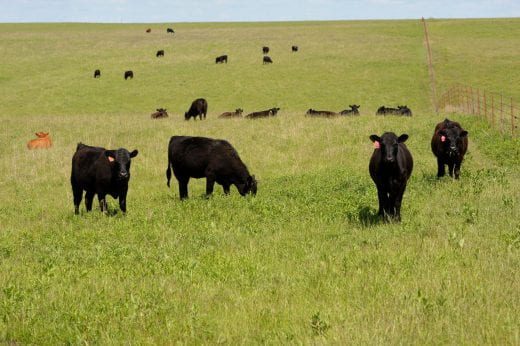 MENTION CATTLE, BEEF AND ANTIMICROBIAL MEDICATION IN THE SAME CONVERSATION, and you’ll likely get all kinds of opinions on antibiotic resistance in humans and animals. But just like humans, cattle do get sick and sometimes need to be treated with antibiotics to fight the infection and return them to health. There are strict requirements for how much time must pass between when an animal is treated with an antimicrobial and when they can go to the packing plant – that first step in the process that ends with beef on your table. To learn a lot more about this topic, take a look at FDA-Approved Injectable Beef Cattle Antimicrobials
MENTION CATTLE, BEEF AND ANTIMICROBIAL MEDICATION IN THE SAME CONVERSATION, and you’ll likely get all kinds of opinions on antibiotic resistance in humans and animals. But just like humans, cattle do get sick and sometimes need to be treated with antibiotics to fight the infection and return them to health. There are strict requirements for how much time must pass between when an animal is treated with an antimicrobial and when they can go to the packing plant – that first step in the process that ends with beef on your table. To learn a lot more about this topic, take a look at FDA-Approved Injectable Beef Cattle Antimicrobials
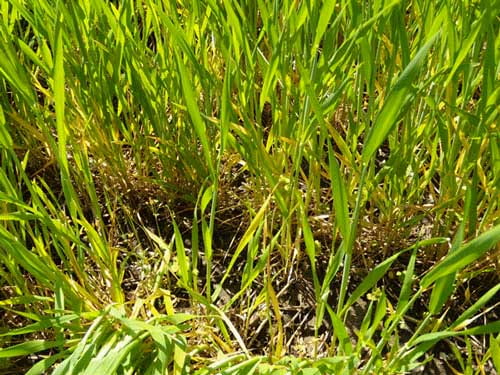 JUST LIKE GROWING CHILDREN, THE WHEAT CROP HAS CERTAIN NUTRIENT NEEDS AS WELL. Yellow spots in the field may be linked to the developing crop’s need for nitrogen, which could be for a myriad of reasons, including insufficient fertilizer, application problems, leaching from heavy rains and more. For a lot more on this topic, check out an article on What are the Causes of Yellow Wheat from the Agronomy eUpdate. BTW, as of Sunday, April 5, the Kansas wheat crop was rated 3% very poor, 10% poor, 38% fair, 41% good and 8% excellent, according to the USDA-National Agricultural Statistics Service. It still has a ways to go until the harvest this summer. Let’s hope for great weather.
JUST LIKE GROWING CHILDREN, THE WHEAT CROP HAS CERTAIN NUTRIENT NEEDS AS WELL. Yellow spots in the field may be linked to the developing crop’s need for nitrogen, which could be for a myriad of reasons, including insufficient fertilizer, application problems, leaching from heavy rains and more. For a lot more on this topic, check out an article on What are the Causes of Yellow Wheat from the Agronomy eUpdate. BTW, as of Sunday, April 5, the Kansas wheat crop was rated 3% very poor, 10% poor, 38% fair, 41% good and 8% excellent, according to the USDA-National Agricultural Statistics Service. It still has a ways to go until the harvest this summer. Let’s hope for great weather.
https://webapp.agron.ksu.edu/agr_social/article/what-are-the-causes-of-yellow-wheat-381-1
_
For more resources and activities, contact the K-State Research and Extension office in your area. Check out our other blogs and subscribe to our weekly emails here: https://www.ksre.k-state.edu/news/blogs/



